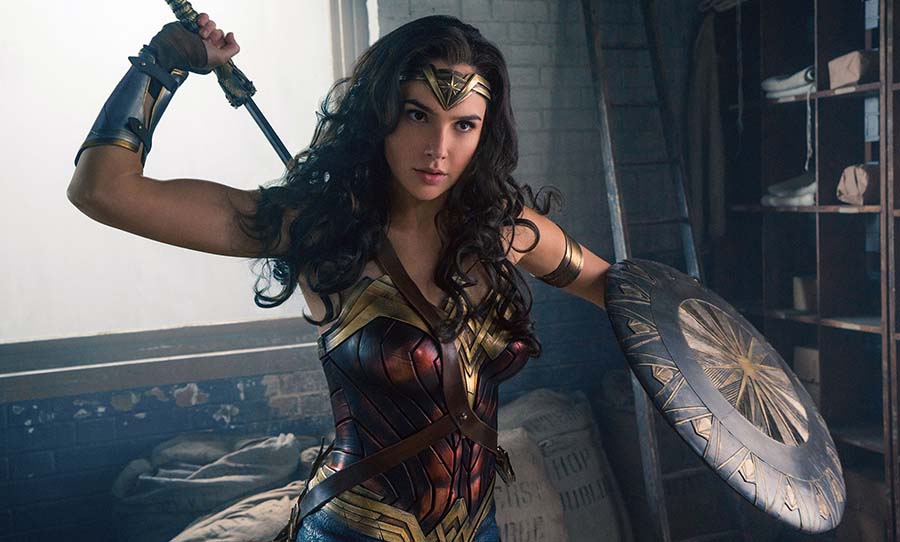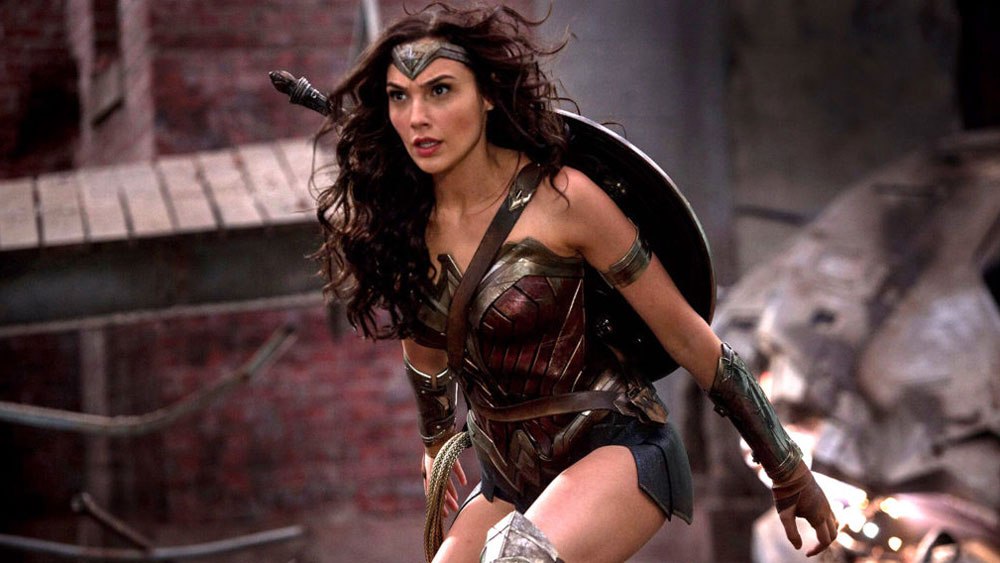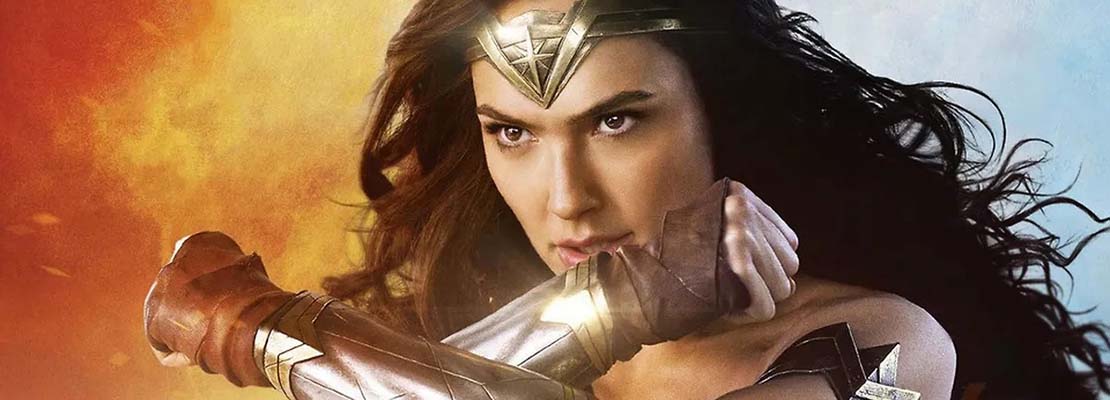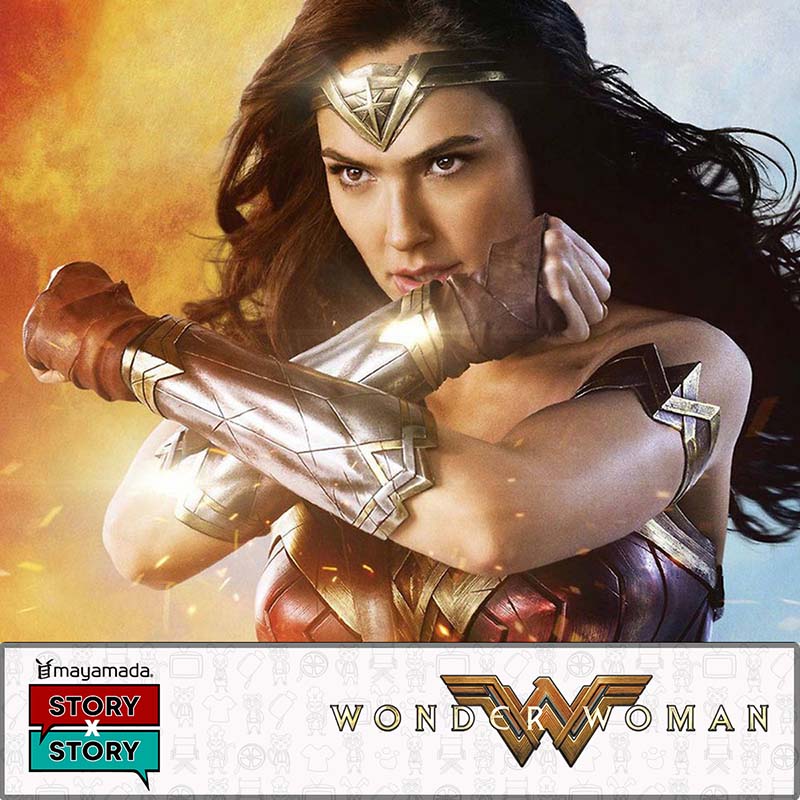Story x Story Tip: The Lie Your Protagonist Believes (Wonder Woman)
For episode 27 of Story x Story, we invited our friends Jason and Rich who host the Woo Long Talks podcast for a deep dive into DC’s hit film Wonder Woman.
DC have had a, let’s say…inconsistent, record with their extended universe releases. But it’s safe to say 2017’s Wonder Woman was a hit, both critically and at the box office as it became the highest-grossing superhero origin movie of all time.
It’s a film that I enjoyed a lot on first viewing, but couldn’t help feeling disappointed with the way it ended. Watching it for a second time reinforced the enjoyment for the majority of the film, but also the disappointment with the final act.
Because of this, my storytelling tip centred around the way Wonder Woman ended thematically and how that relates to the Lie your protagonist believes. Specifically how this wasn’t executed as well as it could have been in this story.
The Lie your protagonist believes is the driving force in their character arc. It is the belief they hold going into the story and it is that belief that must face reality, causing your protagonist to change. It is the reason for your story at its core.
The Lie doesn’t have to be groundbreaking either. It can be as small as a teacher believing certain students in her class will never amount to anything, only to be proven wrong by the end. Or it could be the leader of a nation in your story believing they are not cut out for the job when they are actually the best candidate for it.

Lies and More Lies
What is important for your protagonist’s Lie is that it drives their motivations and drives the plot forward. The Lie should also link to your story’s themes. All this supports a satisfying third act and end to your story.
The Lie that Diane believes in Wonder Woman is that Ares is the sole reason for humanity engaging in a world war. She believes that were it not for the God of War’s influence, the conflict would not happen. Therefore, all she has to do is expose Ares and defeat him to bring the conflict to an immediate and peaceful conclusion.
Your protagonist may then be faced with other characters on their journey who’s own belief conflict with your protagonist’s Lie. In Wonder Woman we have General Steve Trevor who is sceptical of Diana’s apparently over simplistic view of the world. But it’s deeper than that. He believes there is no single external influence driving humans to war…they are happy to enter war all on their own desire.
This is the truth that Diana needed to understand, and the direction I thought we were heading to before we got to the final act of the film.
Wonder Woman’s Third Act Problem
On the surface, the problem with the third act is that it descends into a trap many comic book films fall into; ending with a generic CGI stuffed battle between hero and villain for all the marbles.
I remember feeling bored at the ending on first viewing, and the second time around I understood why. It was because the film had appeared to be driving towards an ending that was going shatter the Lie Diana believes, forcing her to face and adopt a more complex understanding of the nature of humanity.
When Diana kills General Erich Ludendorff, the person she believes is Ares in disguise, nothing happens. The war continues to rage on and Diana is left confounded. This would have been a great way to end the story, with humans continuing to kill each other despite the “death” of Ares and Diana having to reject her previous worldview and take on a new one as she completes her character arc…
But then the real Ares shows up and the generic CGI battle ensues, right on cue. More than being a very uninteresting fight, the real damage this does to the story is that by killing Areas and having the war suddenly stop…the Lie Diana believes isn’t actually a lie.

Everything the film appeared to be building towards wasn’t actually the case. It was just a straightforward case of defeat the bad guy to stop the bad things from happening after all. This simplistic ending is a huge missed opportunity to follow through on having Diana developing a complex worldview. One that would have raised interesting questions viewers could discuss even after the credits rolled.
Not only does it fail on a thematically satisfying ending, but it also doesn’t match up with Diana’s more grey area outlook she expresses in her narration heard at the film’s start. The ending only reinforced the simplistic world view we hear during her time on Themyscira.
Wonder Woman Storytelling Tips
So how can you avoid making a similar mistake in your story? Keep these tips in mind as you craft your story and the Lie your protagonist believes.
1) The Lie your protagonist believe comes from an event in their past that impacts their worldview in the present.
2) Challenge this Lie throughout your story through conflict between other characters.
3) Follow through on breaking the Lie your protagonist believes. This will allow them to reject the Lie and adopt a new truth.
By having your protagonist’s Lie exposed by a new truth, they can create a new world view and complete their character arc. This means a more thematically satisfying end to your story.
The next storytelling tip I’m preparing is closely linked to this topic, that’s your protagonist’s ghost. This is the traumatic event that has happened to them prior to the events of your story. This is often what shapes the Lie they believe in the present day.
In the meantime, you can listen and subscribe to Story x Story to catch all our deep dives into stories across pop culture plus interviews with great guests across industries.


